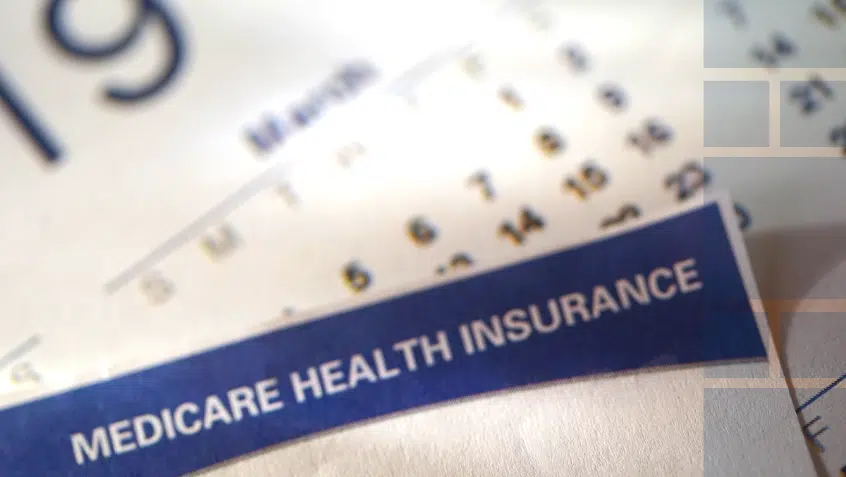Join Us Live for a Discussion on Medicare, Democracy, and the Future of Health Care
Medicare Beneficiaries Win Right to Appeal “Observation Status” Reclassifications

Last month, the U.S. Court of Appeals for the Second Circuit upheld a ruling that Medicare must provide recourse—appeal rights—to beneficiaries who are admitted to the hospital as “inpatients” and subsequently reclassified as “outpatients” receiving “observation services.” This decision will help people with Medicare pursue coverage for vital post-hospital nursing home care that could otherwise be unaffordable.
The Center for Medicare Advocacy, Justice in Aging, and pro bono firm Wilson Sonsini Goodrich & Rosati brought the underlying case on behalf of a nationwide class of Medicare beneficiaries. In 2020, a federal court ruled in their favor, finding that traditional Medicare beneficiaries who are initially admitted as inpatients and whose status is later changed have the right to appeal to Medicare for coverage as inpatients.
The Second Circuit also sided with the beneficiaries, agreeing that the federal government “violates [the beneficiaries’] due process rights by declining to provide them with an administrative review process for the reclassification decision.”
The judges go on to note that “[t]he decision to reclassify a hospital patient from an inpatient to one receiving observation services may have significant and detrimental impacts on plaintiffs’ financial, psychological, and physical well-being. That there is currently no recourse available to challenge that decision also weighs heavily in favor of a finding that plaintiffs have not been afforded the process required by the Constitution.”
The reclassification at issue, which is typically made through opaque hospital processes and without the patient’s input, can indeed have significant and lasting impacts. As the Center for Medicare Advocacy and Justice in Aging explain:
“One of the key consequences of an “observation” designation is the non-coverage of nursing home care. Such coverage is only available if a beneficiary has been hospitalized for at least three days as an inpatient. Patients like Martha Leyanna of Delaware, described in the court’s decision, may thus spend more than three days in the hospital, receiving identical care to that received by patients classified as inpatients, but because their care has been designated as “outpatient” observation services, still lack the three-day “inpatient” hospitalization that is required for nursing home coverage. Ms. Leyanna, who has since passed away, spent her entire savings of $10,000 for nursing home care. Patients may also be forced to forgo required health care altogether because they cannot afford it without Medicare coverage. Yet beneficiaries whose status is changed from inpatient to observation have no opportunity to appeal to Medicare to show that their deprivation of inpatient hospital coverage was wrongful. The trial court had found that this lack of appeals procedures violates the Due Process Clause of the constitution.”
Medicare Rights applauds this ruling, and our partners—the Center for Medicare Advocacy and Justice in Aging—for their tireless work and advocacy. We frequently hear from older adults and people with disabilities who are caught in the reclassification trap, and for whom needed post-acute care is out of reach.
The court’s ruling will help many of these clients and allow current and future beneficiaries to take a more active role in building their health and economic security. As a result of the case, those in the nationwide class (patients with traditional Medicare who were switched from inpatient to observation status after January 1, 2009) will be able file appeals for nursing home coverage and reimbursement for out-of-pocket costs, while people currently in the hospital who experience a reclassification will be able to request an expedited appeal. Critically, those who need help in the future will have the legal right to it.
Read more about observation status from Medicare Interactive.
Read more about legislation Medicare Rights supports to address these classification problems.
Show Comments
We welcome thoughtful, respectful discussion on our website. To maintain a safe and constructive environment, comments that include profanity or violent, threatening language will be hidden. We may ban commentors who repeatedly cross these guidelines.
Help Us Protect & Strengthen Medicare
Donate today and make a lasting impact
More than 67 million people rely on Medicare—but many still face barriers to the care they need. With your support, we provide free, unbiased help to people navigating Medicare and work across the country with federal and state advocates to protect Medicare’s future and address the needs of those it serves.
The Latest
Most Read
Add Medicare to Your Inbox
Sign up to receive Medicare news, policy developments, and other useful updates from the Medicare Rights.
View this profile on InstagramMedicare Rights Center (@medicarerights) • Instagram photos and videos









